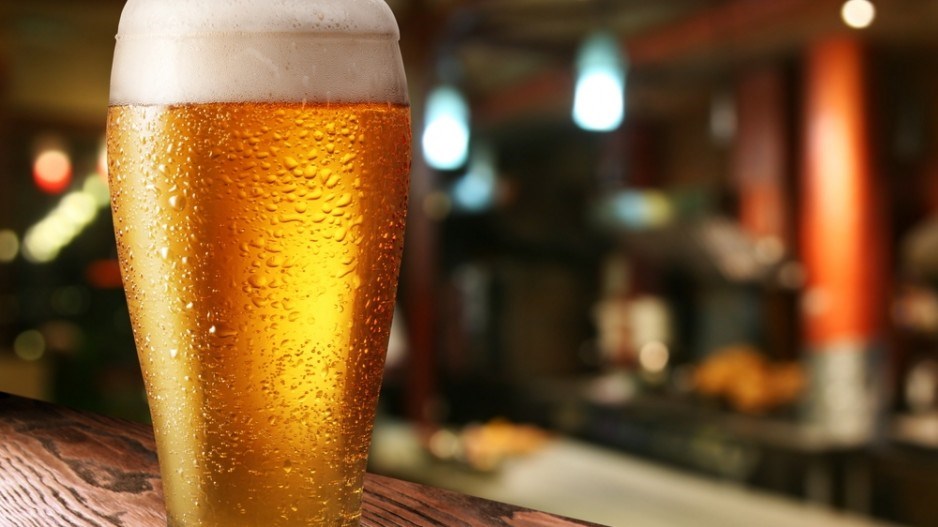Victoria has announced a loosening of liquor regulations that addresses many of the concerns that brewers, spirit-makers, vintners and liquor-sellers have had for years.
One of the changes, for example, is that brewers and distillers can apply to have an on-site consumption area such as a lounge, tasting room or event area.
Granville Island Brewing president Jim Lister told Business in Vancouver last month that tourists get angry at what they assume is his policy: that they are only allowed to order a maximum of 12 ounces of beer per day.
Unlike breweries, wineries that have tasting-room licences have long been allowed to sell customers multiple drinks.
The change that liquor minister Rich Coleman announced Friday would allow Lister to sell patrons multiple drinks and rent his space for weddings without having to get a temporary event licence for the night.
Other changes that Coleman announced were that:
- small and medium-sized liquor manufacturers will be allowed up to three common ownership and business relationships with licensed establishments located off their manufacturing site;
- rules around how liquor manufacturers can promote their products in bars and restaurants have been simplified by removing the requirement for a buy-sell agreement;
- distilled liquor products that consist of 100% British Columbian agricultural raw materials and are distilled in B.C. by licensed distilleries are now eligible for mark-up exempt direct sales;
- an honourary B.C. wine envoy will be named with a mandate to work to complement existing efforts to open up domestic markets for B.C. wines;
- wine stores will become licensees under the Liquor Control and Licensing Act;
- the criteria on whether private liquor stores can relocate within one kilometre of an existing liquor store are now set out in regulation rather than policy;
- all increases to liquor-primary capacity will now require local government input; and
- allowing rural agency stores to buy unlimited amounts of beer through their local government liquor store.




